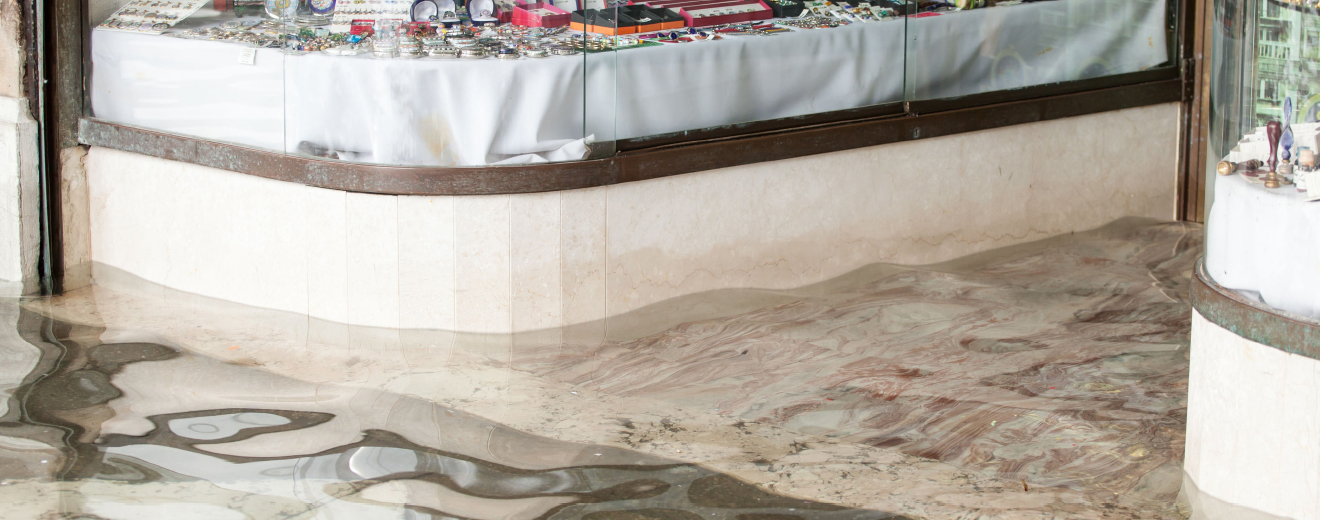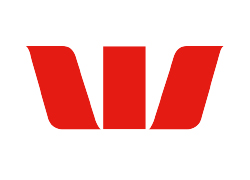Have you been affected by a natural disaster?
Natural disasters include but are not limited to: earthquakes, flooding, fires. They pose a host of practical issues for retailers and other employers. It’s obviously important to check on your people and your premises and it’s critical to remember that safety needs must be paramount at all times. This guide provides a brief overview of things you may need to consider over the coming days.
Preparing your business for a natural disaster.
We’ve put together some advice to help prepare your business for a natural disaster, take a look at our tips.
Checking on your employees
The most important thing is to keep in touch with your employees, firstly to make sure that they and their families are okay, and secondly to ascertain what is happening for them.
Your business may be in an area where there are public transport or roading issues, or where your employees may be required to care for their children because schools and childcare facilities are closed. If so, this may mean that your business is closed, or your employees are unable to get to work.
Payroll issues
It is important to remember that NZ employment law does not specifically provide for what is to happen after a natural disaster occurs.
When assessing an employee’s current situation you will need to consider a number of factors including what the employee’s employment agreement and your own policies and procedures say, the reasons why the employee is not working, and the current state of your business and workplace. Wherever possible, we recommend that employers try to seek agreement with their employees and try to remain open to flexible solutions.
When it comes to payment for time away from work in a situation when an employee is ready and willing to work but can’t get there, or the employer can’t open their business, then typically the day should be considered a paid day if the employer has advised the employee not to come to work.
If it’s not covered in your employment agreement, or your policies and procedures, then it would be up to both parties to negotiate in good faith and agree how the time away from work will be classified. The options could include taking annual leave, a paid day off, an alternative holiday or taking leave without pay. As a general rule employers need to pay employees who are ready, willing and able to work, but who can’t through no fault of their own.
On a more practical note, employers may first want to check their insurance policies to check the extent to which they are covered for lost remuneration for employees.
Scenario: Employee ready and willing to attend work but workplace closed
If an employee is ready and willing to attend work this morning but could not through no fault of their own (for example the building may have had to be inspected prior to opening) this should (dependent on their employment agreement and workplace policies and procedures) be classed as a normal paid work day for them.
Scenario: Employee could not attend work due to school being closed
If the employee’s workplace was ready to open but the employee could not attend due to childcare responsibilities, then (again dependent on their employment agreement and workplace policies and procedures) in this situation you should discuss the options available to your employee which might include taking annual leave, a paid day off, an alternative holiday or taking leave without pay.
Scenario: Employee or dependent is sick or injured
Employees can take sick leave if their partner or dependents are injured or sick, and they have sick leave available. If they don’t have any sick leave available, then employers and employees will need to agree on what basis the employee is off work. Alternative options could be sick leave in advance, annual leave, other paid or unpaid leave. Note sick leave does not apply to an employee who may have to take the day off to care for children who can’t attend school or daycare due to a closure.
If you are in a situation where all leave entitlements under the Holidays Act and any additional or advanced leave entitlements have run out, employees and their employers will need to consider alternative options in good faith and consider the impact the options will have on business recovery in future.
Getting back to normal
Getting your workplace up and running after a natural disaster may be difficult, so it is useful to consider in advance how things will be handled. People may be stressed and anxious so it is important to bear that in mind when getting the workplace started again. Try and be as empathetic as possible with these employees, and allow flexibility around taking leave if possible, especially if you have any employees who may be struggling.
Retail NZ partners with Workplace Support who offer a counselling service to employees who may require this support. Please contact our advisers for more information on this service, or give them a call on 0800 472 472.
Landlord responsibilities
Get in touch with your landlord firstly to check that everyone is safe, and to assess any damage.
Landlords are responsible for maintaining the property in a reasonable condition. This includes paying for any damages to the property caused by a natural disaster. Tenants are not responsible for any damage to the property, or clean up following a natural disaster.
If the property is flooded, the landlord is responsible for drying the property if it has water damage, and paying the tenants for any electricity charges incurred.
Landlords should also follow National Emergency Management Agency and civil defence guidelines to ensure they are meeting obligations around building assessments, health and safety of the rental property, supply of water and repairs.
Insurance information
If needed, you should contact your insurance broker as soon as possible, to understand what you’re covered for in terms of business interruption insurance, building damage and stock damage.
Urgent or ’emergency’ repairs should also be undertaken in order to make the property safe, sanitary, secure and weather tight. Either you or your landlord should arrange to have a structural property inspection.
Carry out urgent repairs:
- Urgent or ’emergency’ repairs are work that’s needed to make your home or business safe, sanitary, secure and weather tight.
- After a natural disaster, you should first do all that you can safely do yourself to make your premises habitable and protect them from further damage.
You can generally:
- Get essential services like toilets and water systems repaired immediately, but you should keep, document or record everything the repairer replaces (and keep a copy of the bill).
- Clean up spillages of crockery and glass breakages (but you shouldn’t throw anything non-perishable away yet).
- Dispose of perishables like ruined or spilt food. You should list the items as you dispose of them.
- If possible, take photos before moving and repairing anything.
In the case of an earthquake:
- Any reimbursement for temporary or urgent repairs is, of course, subject to EQC acceptance of a valid claim.
- If accepted, the cost will be deducted from any total amount owed to you under EQC cover.
- Important: Don’t start permanent repairs until your EQC claim has been settled.
How to lodge a claim with EQC:
For domestic property EQC cover the first $100k for house and $20k for contents damage. Customers can lodge a claim with EQC either online or by making a phone call as listed below. They will need to make a separate claim for house and contents.
- For more information: Visit the EQC website
- Or phone: 0800 DAMAGE (0800 326 243)
A reminder to be prepared
For those not directly impacted by a natural disaster, they are a reminder that you can build a more resilient business by having plans in place and the appropriate equipment for your staff to get through.
You should have in place, or at least be thinking about:
- Health and Safety Plans (Hazard identification process, emergency evacuation procedures);
- Emergency equipment, first aid kits, food and water;
- Employee safety checks i.e. how to contact staff to check they are safe (you should have all staff contact details saved in a safe place);
- Business continuity plans.
We’ve put together some advice to help prepare your business for a natural disaster, take a look at our tips.
If you need any resources or wish to discuss further – call our Advice Service on 0800 472 472 (1800 128 086 from Australia) or send them an email at [email protected].
Natural disaster advice: Our hub of information can support you to ensure you are best prepared and then to support your store and team in the recovery – both physically and mentally. You can access the hub here.
Updated January 2024.
















